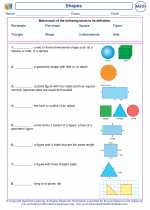What is a Conclusion?
A conclusion is a final part of something, where all the information, evidence, and reasoning come together to form a final decision, judgment, or opinion. In the context of mathematics, a conclusion is the final statement or result that can be drawn from the given data, facts, or problem-solving process.
How to Reach a Conclusion in Math
When solving math problems, reaching a conclusion involves several steps:
- Understanding the Problem: Read the problem carefully to understand what is being asked and what information is given.
- Identifying the Approach: Determine the appropriate method or strategy to solve the problem, such as using addition, subtraction, multiplication, division, or other mathematical operations.
- Performing the Calculations: Use the chosen method to perform the necessary calculations based on the given information.
- Interpreting the Results: Analyze the calculated results and consider what they represent in the context of the problem.
- Stating the Conclusion: Based on the interpreted results, state the final answer or conclusion to the problem.
Examples of Reaching a Conclusion in Math
Let's consider an example to illustrate how to reach a conclusion in math:
Problem: If a box contains 25 apples and 15 oranges, how many fruits are there in total?
Approach: Use addition to find the total number of fruits.
Calculations: 25 (apples) + 15 (oranges) = 40
Interpreting the Results: The total number of fruits in the box is 40.
Conclusion: There are 40 fruits in total in the box.
Study Guide for Reaching Conclusions in Math
Here are some tips for reaching conclusions in math:
- Read the problem carefully and make sure you understand all the given information.
- Choose the appropriate mathematical operations or strategies to solve the problem.
- Perform the calculations accurately and carefully.
- Check your results to ensure they are reasonable and make sense in the context of the problem.
- Clearly state your conclusion, including the final answer or result.
◂Math Worksheets and Study Guides First Grade. Shapes
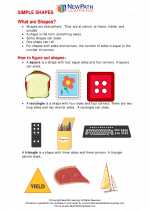
 Activity Lesson
Activity Lesson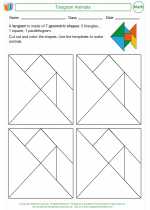
 Activity Lesson
Activity Lesson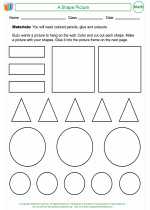
 Worksheet/Answer key
Worksheet/Answer key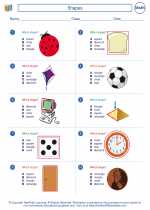
 Worksheet/Answer key
Worksheet/Answer key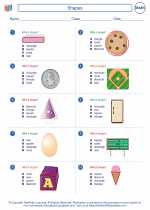
 Worksheet/Answer key
Worksheet/Answer key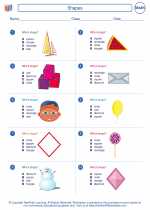
 Worksheet/Answer key
Worksheet/Answer key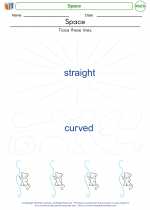
 Worksheet/Answer key
Worksheet/Answer key
 Worksheet/Answer key
Worksheet/Answer key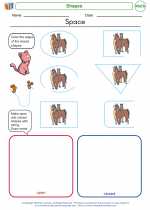
 Worksheet/Answer key
Worksheet/Answer key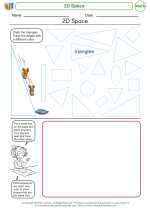
 Worksheet/Answer key
Worksheet/Answer key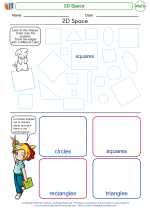
 Worksheet/Answer key
Worksheet/Answer key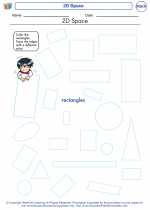
 Worksheet/Answer key
Worksheet/Answer key
 Worksheet/Answer key
Worksheet/Answer key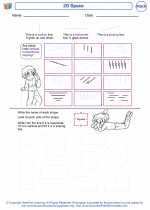
 Worksheet/Answer key
Worksheet/Answer key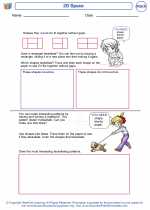
 Vocabulary/Answer key
Vocabulary/Answer key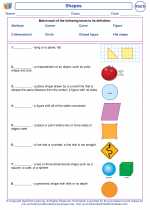
 Vocabulary/Answer key
Vocabulary/Answer key